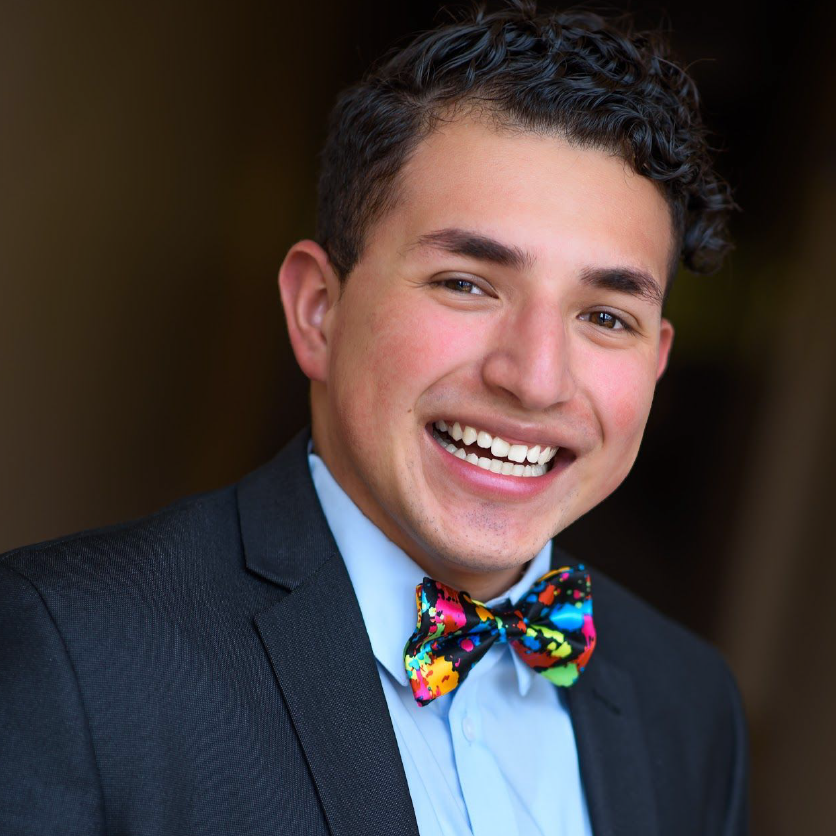 Throughout the week I have been hearing these mysterious stories of tiredness, crying fits under blankets, graying and thinning hairs, and general anxiety over work. All of it just sounds like there is a monster chasing us around. For example, have you ever wanted to take a nap during work hours but felt that you couldn’t because eyes were following you? It seems that this conundrum is an illusion because we are often quick to blame ourselves for not getting enough rest.
Throughout the week I have been hearing these mysterious stories of tiredness, crying fits under blankets, graying and thinning hairs, and general anxiety over work. All of it just sounds like there is a monster chasing us around. For example, have you ever wanted to take a nap during work hours but felt that you couldn’t because eyes were following you? It seems that this conundrum is an illusion because we are often quick to blame ourselves for not getting enough rest.
Well, what if I told you that you should be blaming your employer and the work culture that we’ve been systematically programmed to believe in — rather than yourself?

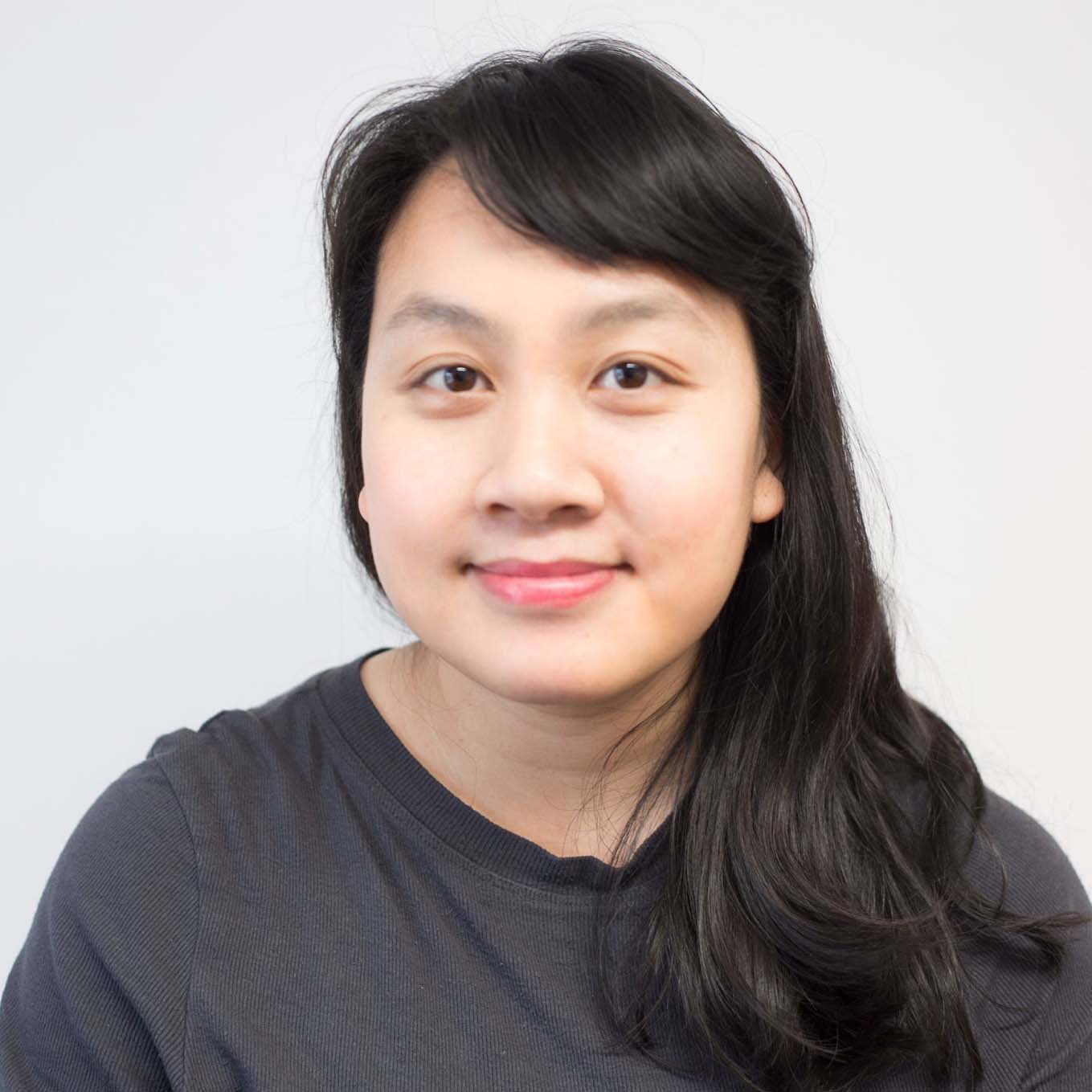 As first generation Asian Canadians, my parents always worked blue collar jobs — from housekeeper, warehouse worker, health care worker, and everything in between. Because of this, growing up, I never had role models in fields like “the nonprofit sector” and certainly not jobs like “executive director.” The nonprofit sector — the idea of working in a sector that doesn’t aim to generate large profits — was so foreign to my parents, Especially since they grew up poor in their home country and then came to Canada for the dream to thrive and be successful.
As first generation Asian Canadians, my parents always worked blue collar jobs — from housekeeper, warehouse worker, health care worker, and everything in between. Because of this, growing up, I never had role models in fields like “the nonprofit sector” and certainly not jobs like “executive director.” The nonprofit sector — the idea of working in a sector that doesn’t aim to generate large profits — was so foreign to my parents, Especially since they grew up poor in their home country and then came to Canada for the dream to thrive and be successful.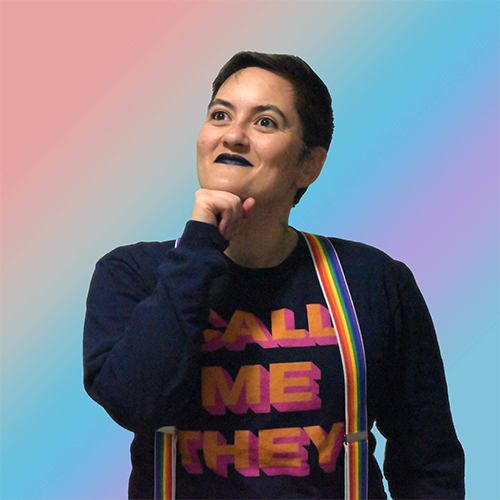 “I’m writing an article about how to start offering equitable pay and I’m remembering an organization that had every person’s salary band start the same, regardless of their position, and had it based on need (those with more dependents earned at the higher end of the band, those without generational wealth, earned at the higher end, etc). But I can’t, for the life of me, remember the name of the organization or where I saw it. Can anyone offer guidance?”
“I’m writing an article about how to start offering equitable pay and I’m remembering an organization that had every person’s salary band start the same, regardless of their position, and had it based on need (those with more dependents earned at the higher end of the band, those without generational wealth, earned at the higher end, etc). But I can’t, for the life of me, remember the name of the organization or where I saw it. Can anyone offer guidance?”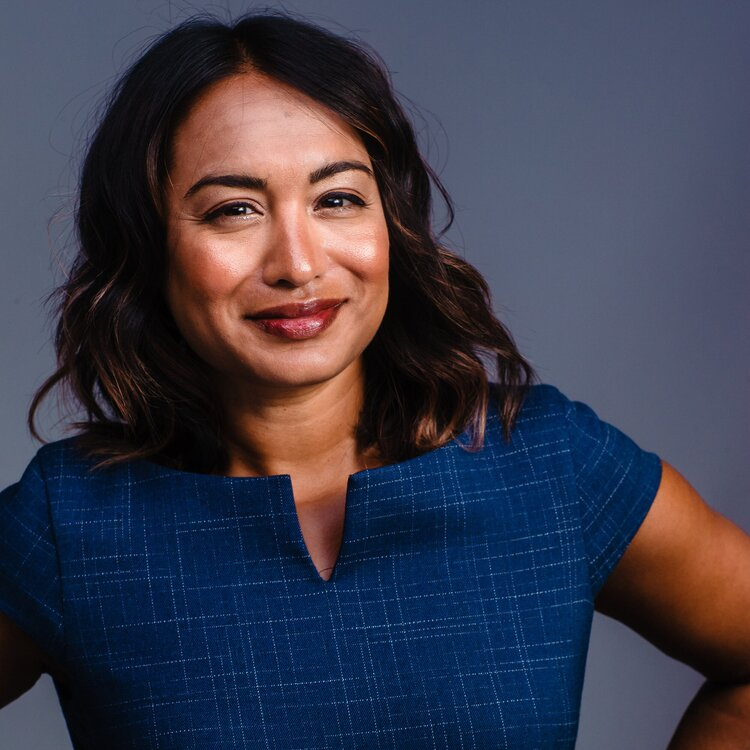 Friends. I am turning 40 this summer. I am milleniOLD. An elder millennial. Some might say a geriatric millennial — which is just rude, y’all. I still feel young, despite listening to chats that my children — both born after 2010 and currently categorized as Gen Alpha —— have songs and trends and technology that I’m completely clueless about.
Friends. I am turning 40 this summer. I am milleniOLD. An elder millennial. Some might say a geriatric millennial — which is just rude, y’all. I still feel young, despite listening to chats that my children — both born after 2010 and currently categorized as Gen Alpha —— have songs and trends and technology that I’m completely clueless about. For a long time in past jobs, early in my career, a bad day meant needing to go back to college career fairs. There, after trying to deliver a just-decent elevator pitch to the few companies who could sponsor international students, I’d always stumble upon two groups I hoped to avoid…
For a long time in past jobs, early in my career, a bad day meant needing to go back to college career fairs. There, after trying to deliver a just-decent elevator pitch to the few companies who could sponsor international students, I’d always stumble upon two groups I hoped to avoid…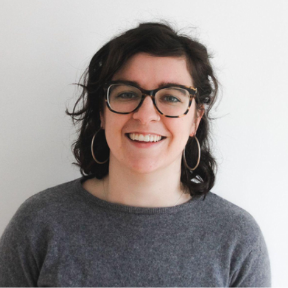
 This summer, we’re planning to transition leadership of Community-Centric Fundraising (CCF) from its co-founders to a CCF Global Council, and we sincerely hope that you will consider applying for this. There are more details about what it all entails, but first, here’s backstory for those of you who like context!
This summer, we’re planning to transition leadership of Community-Centric Fundraising (CCF) from its co-founders to a CCF Global Council, and we sincerely hope that you will consider applying for this. There are more details about what it all entails, but first, here’s backstory for those of you who like context!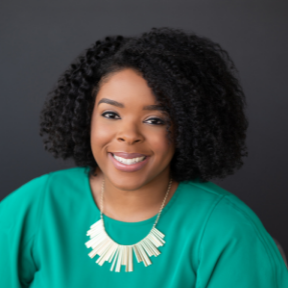 I made the choice to tender my resignation in the fall of 2021, but not for the reasons you may think.
I made the choice to tender my resignation in the fall of 2021, but not for the reasons you may think.